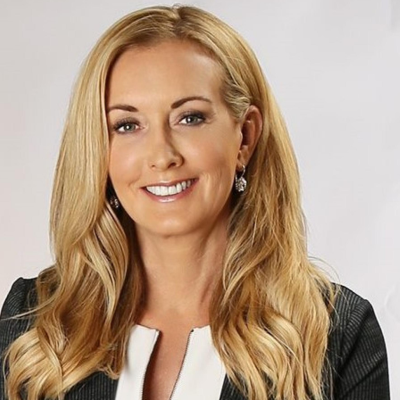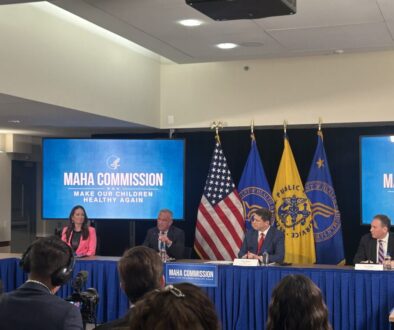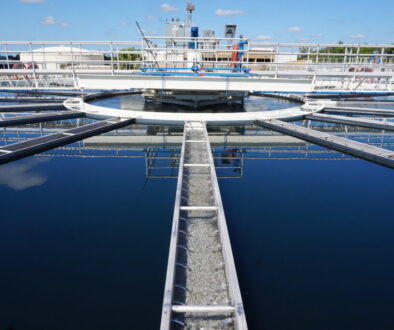PFAS contamination trial delayed as 3M negotiates sweeping settlement
By Shannon Kelleher and Carey Gillam
Chemical conglomerate 3M is working to settle claims that it is liable for knowingly contaminating the environment with toxic chemicals for decades, delaying what would have been a closely watched bellwether trial in South Carolina.
The trial that had been set to start Monday morning was expected to spotlight long-held secret documents regarding 3M’s knowledge about the dangers of its per- and polyfluoroalkyl substances (PFAS) and how it worked with DuPont to conceal risks of PFAS from the public.
On Friday, DuPont and two related companies that also were named as defendants in the litigation said they would pay close to $1.2 billion to settle liability claims brought by public water systems serving the vast majority of the US population.
Bloomberg reported Friday that 3M was considering a $10 billion settlement.
The plaintiff in the bellwether case is the small city of Stuart, Florida, which accused 3M, Dupont and several other companies of contaminating its drinking water with two types of PFAS called PFOS and PFOA that were used in “aqueous film-forming foams” (AFFF) the local fire department had used in training exercises.
More than 4,000 other plaintiffs are part of the broader litigation being overseen by the US District Court in Charleston, South Carolina. The multidistrict litigation (MDL) aims to recover the expenses public and private water utilities are incurring to test, monitor and replace water supplies and to install equipment to try to clear the chemicals from tainted systems.
On Sunday, 3M and lawyers representing plaintiffs in the MDL filed a joint motion for a trial continuance, saying “the parties are making material and significant progress toward a resolution…”
Plaintiffs’ attorney Gary Douglas said he hoped the settlement talks would be completed in the next three weeks, obtaining compensation to help cover the “enormous costs of having to clean up the mess that 3M created, contamination the likes of which have never been seen before in the history of humankind.”
“Virtually everyone and everything, everywhere on Earth has been contaminated with PFOS and it’s an enormous cleanup project,” said Douglas, speaking outside the South Carolina courthouse Monday morning. “In light of the fact that EPA has found that there is no safe level and it is a likely carcinogen, it is a matter that is of extreme importance to every person.”
A collection of 3M and DuPont internal files dating back to the 1960s were expected to be introduced as evidence. One internal memo from 1960 described 3M’s knowledge that chemical wastes from its PFAS manufacturing facilities would “eventually reach the water table and pollute domestic wells,” according to the Stuart lawsuit. Another internal 3M record shows that 3M resisted calls from its own toxicologists going back to 1979 to perform an ecological risk assessment on PFOS and similar chemicals, the lawsuit claims.
And a 1999 internal employee resignation letter stated that: “I can no longer participate in the process that 3M has established for the management of [PFAS.] For me, it is unethical to be concerned with markets, legal defensibility and image over environmental safety.”
Testimony from retired 3M toxicologist John Butenhoff was also expected to be presented in the trial. In a video deposition taken before the trial, Butenhoff acknowledged that 3M is more than likely the source for PFOS contamination around the globe, including in air, waters, soil, humans, fish, polar bears and “other Arctic mammals.”
“More likely than not the source is 3M,” Butenhoff states in his testimony.
3M had sought, unsuccessfully, to block his testimony from being used at the trial.




